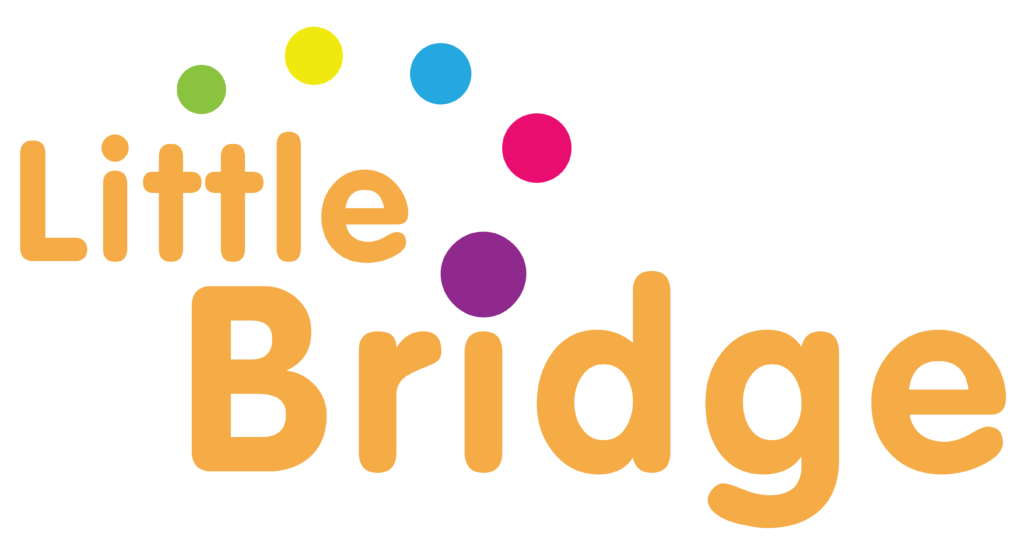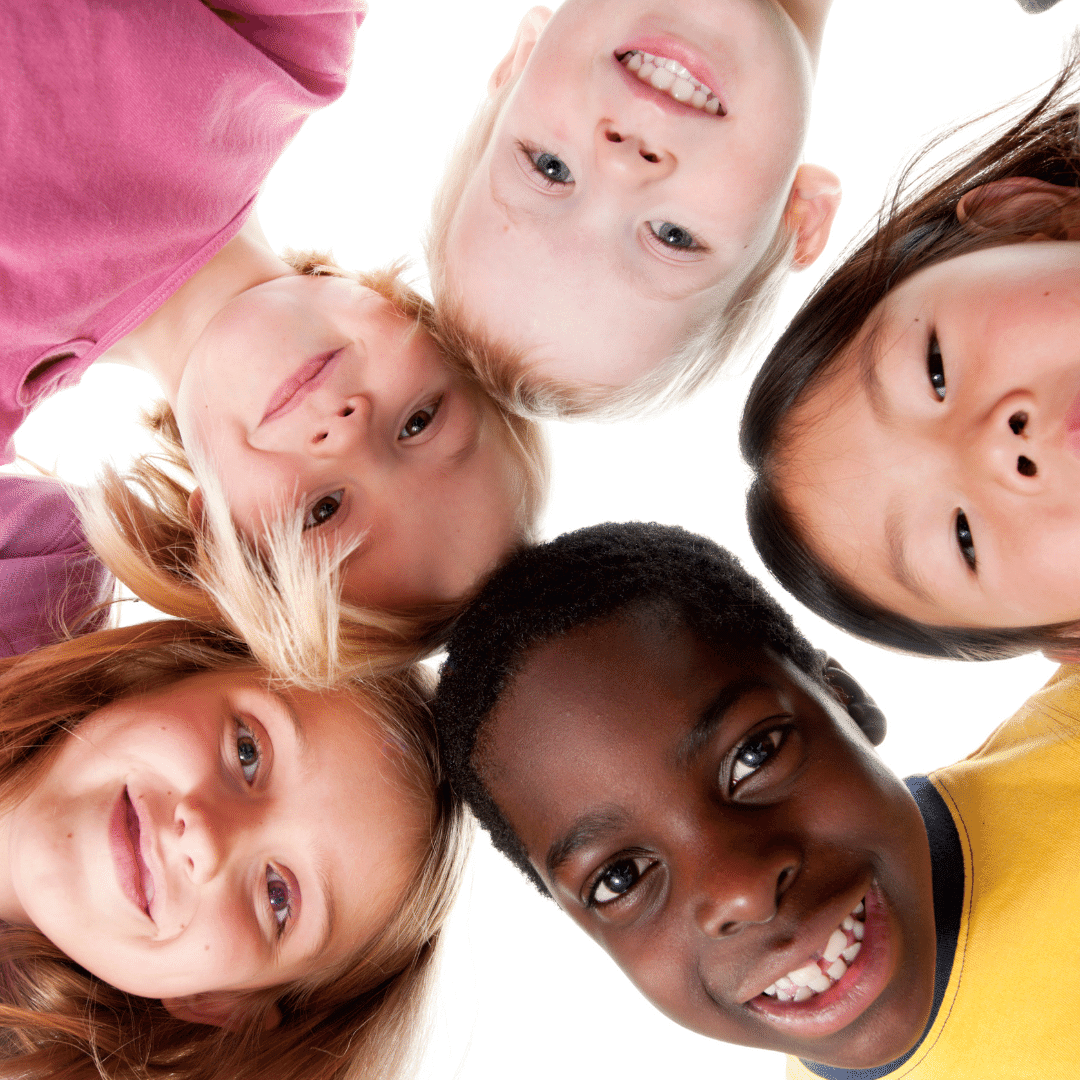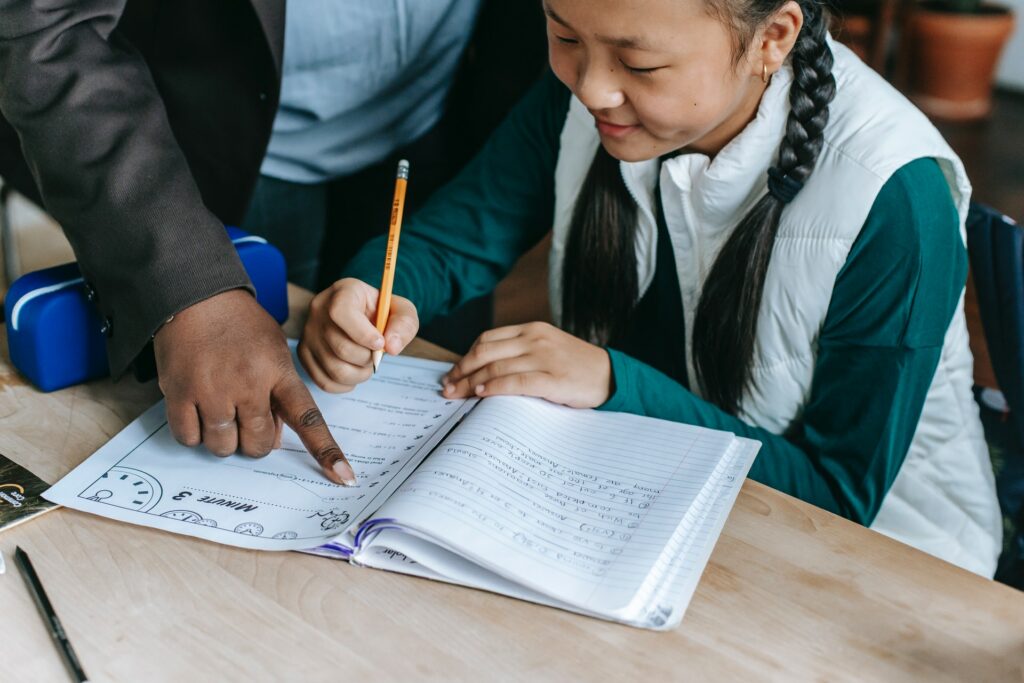Emma Rogers, CEO of Little Bridge, shares her views on the importance of communities for children in this blog, Community Matters
These are difficult times. Every day, we learn of huge global events. Once they may have seemed remote from, even unrelated to our ‘everyday’ lives. Now their impact seems to reverberate for all of us. Either directly, like fuel bills and interest rates. Or as future threats, such as increases in poverty and inequality. And, of course, catastrophic climate change.
Some say it’s because we live in the era of social media. World affairs are shared with an immediacy that hasn’t been experienced before. News circulates the globe with astonishing speed. This is often in the form of memes or short messages. These sometimes have been rushed out, without reflection or moderation. This fuels anxiety and the world fragments into different, opposing ‘camps’.
Community matters – building bridges
Some maintain that the rapid sharing of information keeps the world informed. Quick communications have helped mobilize groups and cement connections. This has produced rapid responses to crises. It has also created international support networks. The pandemic has been strange for social interactions and relationships. Lockdown measures and working-from-home made it harder to meet and connect. Feelings of isolation and loneliness rose. Yet these changes prompted people to reconsider the significance of community. Using technology, people were able to build bridges beyond near neighbors.
These complex systems pass down and exchange cultural traditions, norms, and values. They emerge through the development of many human relationships. What’s clear is the importance of communication in creating communities. You can’t have culture or society without communication. With translation ‘tools’ we can overcome some barriers. Using a common language, such as English, can bring people closer.
Children and community
There is huge value in being part of a community. Members share things in common. They care about each other. They often work closely together, towards a shared purpose. Plus, they provide a safe-space where members work on their skills, including mental skills. Communities can enhance, even accelerate, learning processes. They are inherently motivating. They encourage both commitment and focus. Most positively, they are fun. They enable new, delightful, relationships. And they broaden social circles and bring variety to life.
When do we teach communication and community-building to our children? The answer is, as soon as we want to deepen their connections. As soon as we want them to widen their horizons. And, as soon as we want to encourage them to build new skills for the future. How do we ensure these communities have meaning and relevance? How can we ensure these communities are life-enhancing? By starting with a clear reason to exist. Plus, a serious investment in safeguards. From the outset we can help children to build positive social skills. We can help them to learn to value kindness, curiosity and collaboration. This must be delivered in a safe, purpose-built environment.
It’s a heavy responsibility. The adult social media sites are finally acknowledging this. We shouldn’t shirk it though. Community matters. And never more so than in this fast-moving, digital age.
Emma Rogers, co-founder of Little Bridge.
Enjoyed reading Community Matters? Visit Emma’s Medium profile to find out more about social learning.
The Little Bridge mission is simple! To enable children to make new friends and learn to communicate, in English.
Get started with Little Bridge today! Book a call with our expert team. Contact us here.


